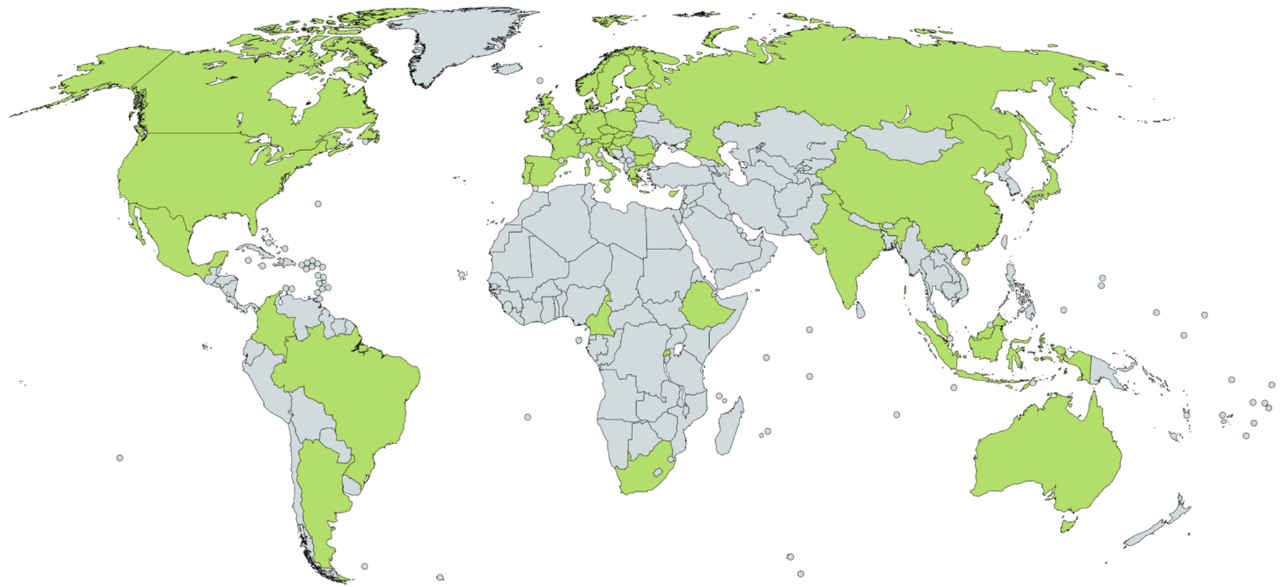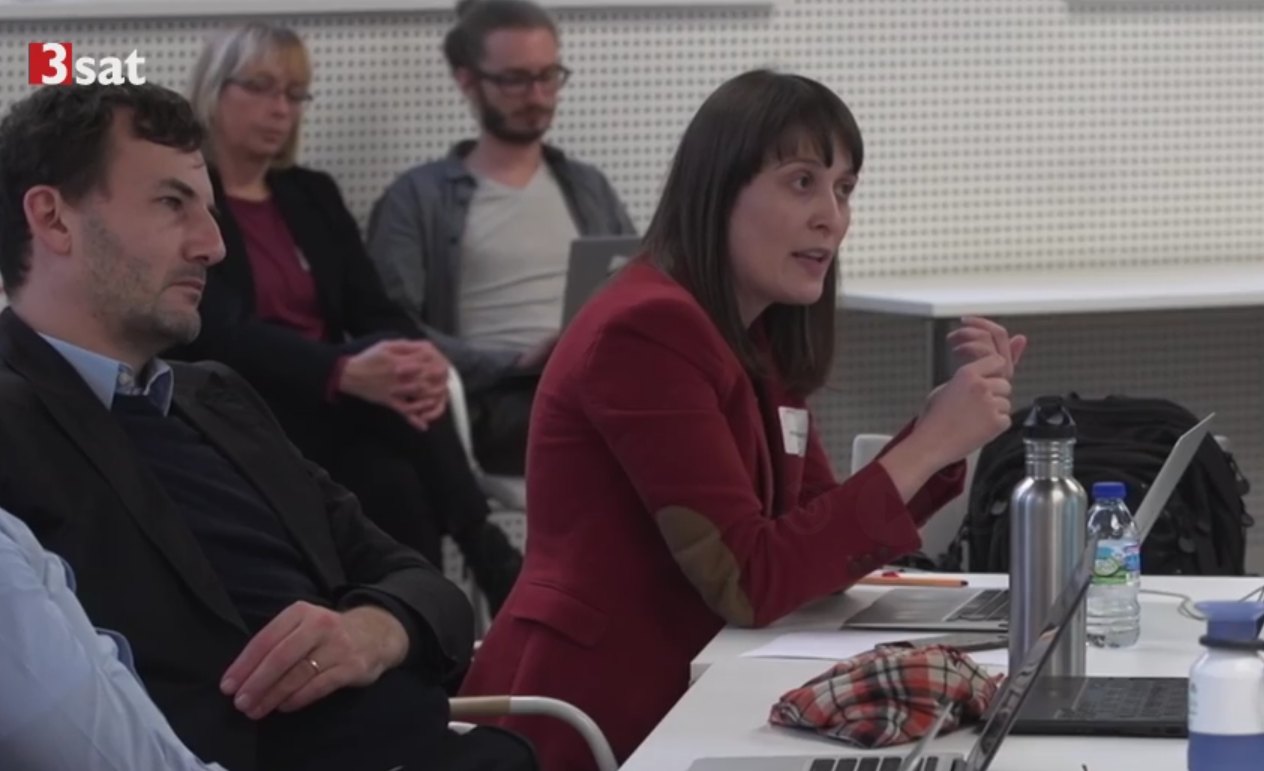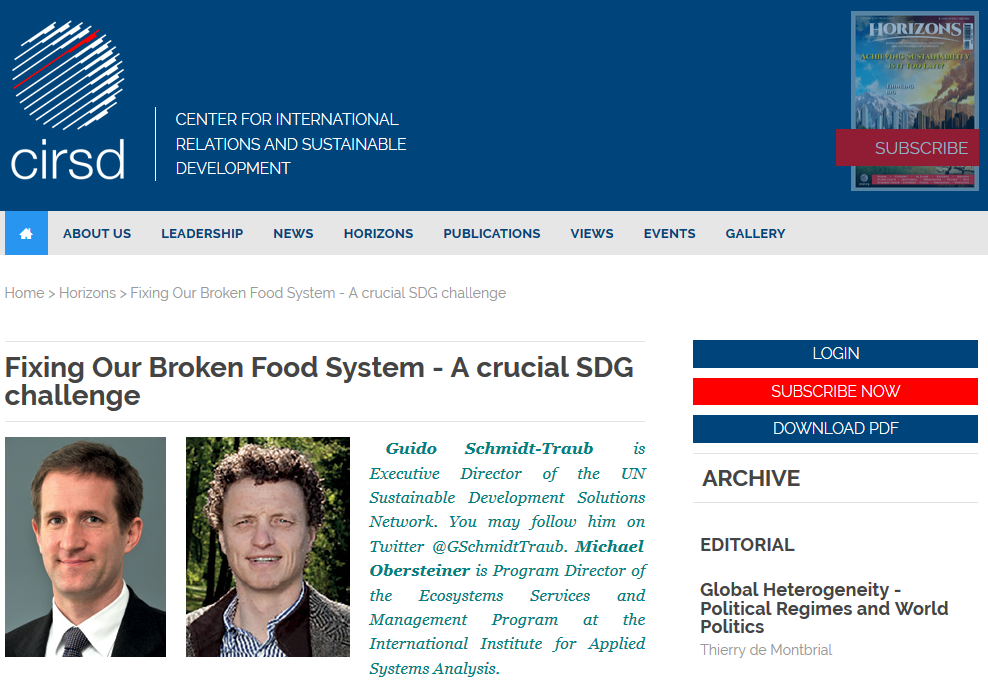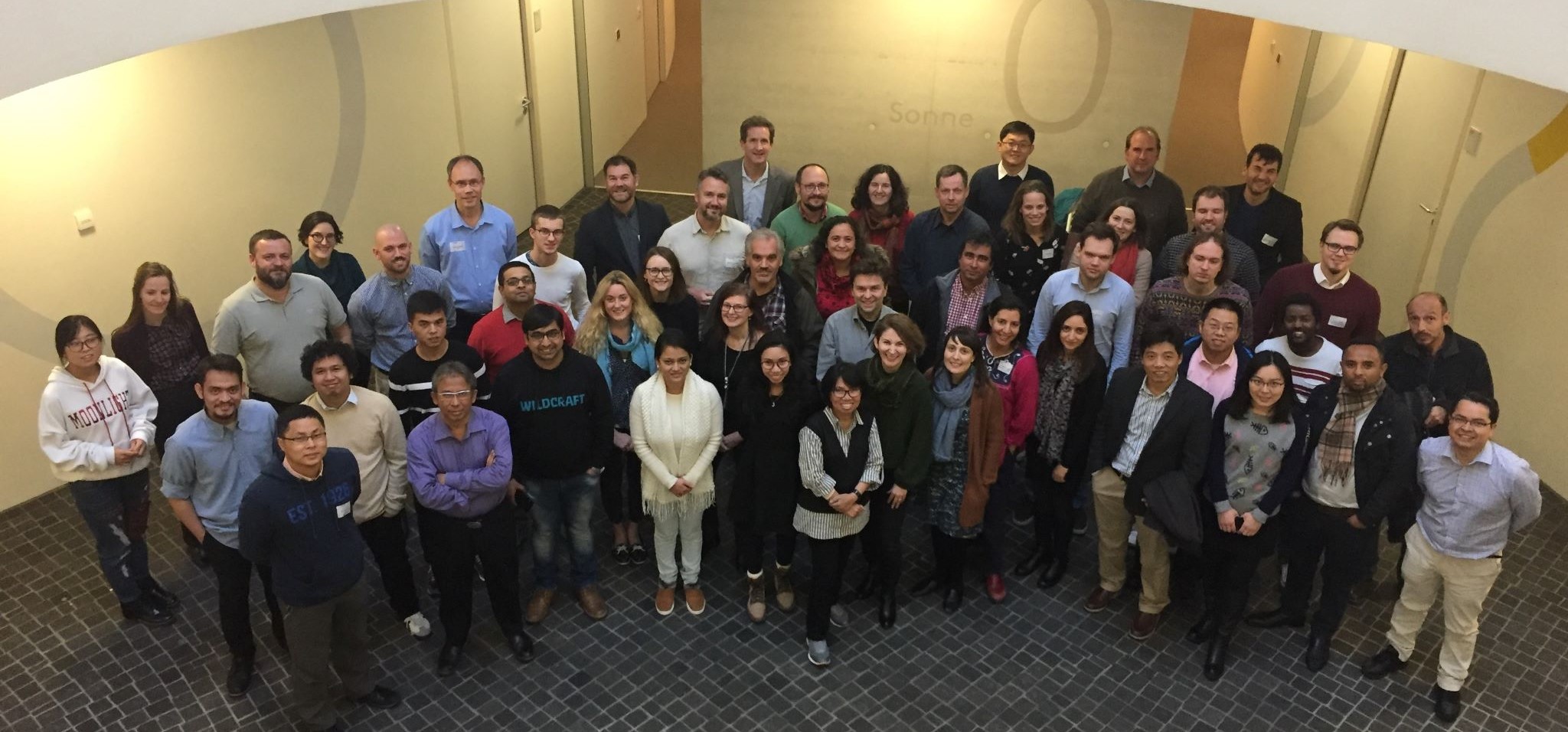
The Food, Agriculture, Biodiversity, Land Use and Energy (FABLE) Pathways Consortium met for its third full consortium meeting on 3 to 5 December at PIK in Germany. The 60 participants, including 37 FABLE country team members, made great progress towards the adoption of global targets to frame the technical work and the future FABLE interim report. Separately, the FABLE Brazilian country team appeared in German news and a paper on FABLE was published in Horizons – Journal of International Relations and Sustainable Development.
In late 2017, SDSN and the International Institute for Applied Systems Analysis (IIASA) launched the Food, Agriculture, Biodiversity, Land Use and Energy (FABLE) Pathways Consortium. FABLE brings together leading research institutions from more than 20 country and regional teams. Members of the consortium collaborate to develop integrated, long-term pathways towards sustainable land-use and food systems consistent with the SDGs and the Paris Agreement. The FABLE analyses will also assess international spillover effects to ensure that national pathways are consistent with global objectives. The FABLE Consortium is also part of the Food and Land Use Coalition (FOLU).
The Food, Agriculture, Biodiversity, Land Use and Energy (FABLE) Pathways Consortium met for its 3 rd Consortium Meeting from December 3-5, 2018, at the Potsdam Institute for Climate Impact Research (PIK) in Potsdam, Germany. Close to 60 participants from the FABLE Secretariat (composed of SDSN, IIASA, and EAT), PIK the Food and Land Use Coalition, and 17 FABLE teams came together to advance the collective work of the Consortium through cooperative and constructive dialogue and knowledge sharing.
At the meeting, country teams shared their experience using the Global Biosphere Management Model (GLOBIOM) and the Model of Agricultural Production and its Impact on the Environment (MAgPIE), developed by IIASA and PIK, respectively. The Consortium conducted training sessions on partial-equilibrium modeling.
The Consortium also made significant progress agreeing on ambitious, operational, global targets that aim to cover the following domains: diets, greenhouse gas emissions from agriculture and other land uses, biodiversity, deforestation, freshwater flows, and nitrogen and phosphorous release. This progress was made possible by months of constructive dialogue among country teams.
To continue strengthening the links between its technical and policy work, the Consortium held its first Policy and Technology Roundtable. Experts were invited to speak about and present on cutting-edge technologies in feed reformulation, food waste and insect-based feeds, traceability and supply chains, and feed additives and climate mitigation sectors. The insights gained from this first roundtable illustrated the important role that technological advancements can play in raising the ambition of the Consortium’s pathways.
Lastly, the Consortium agreed to publish an interim FABLE report in June 2019, ahead of key global policy meetings, including the United Nations High-Level Political Forum on Sustainable Development in July 2019 and the UN Climate Change Summit in September 2019.

The Consortium also shared the importance of sustainable food and land-use policies with the broader public thanks to an interview with FABLE’s Brazilian country team member Dr. Aline Soterroni. She was interviewed during the Consortium Meeting by filmmakers/TV journalists Christine Daum-Farber and Nelson Farber who reported for the German-language television network 3sat’s daily science show "Nano.” . Watch Dr. Soterroni’s interview (in German) and read a commentary on her analysis.
The Consortium was also highlighted by SDSN’s Executive Director Guido Scmidt-Traub and IIASA’s Michael Obersteiner in their recent article on the importance of fixing food systems to meet the SDGs published in the Center for International Relations and Sustainable Development’s quarterly magazine Horizons – Journal of International Relations and Sustainable Development.

